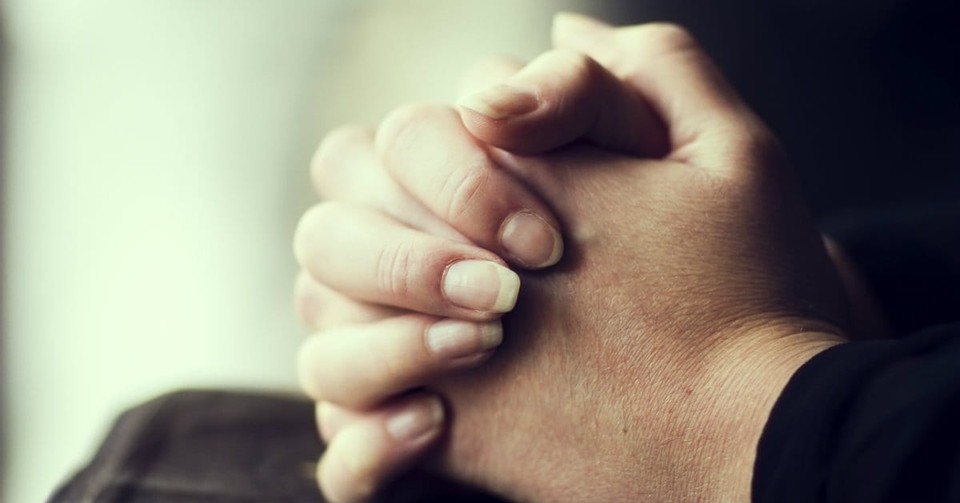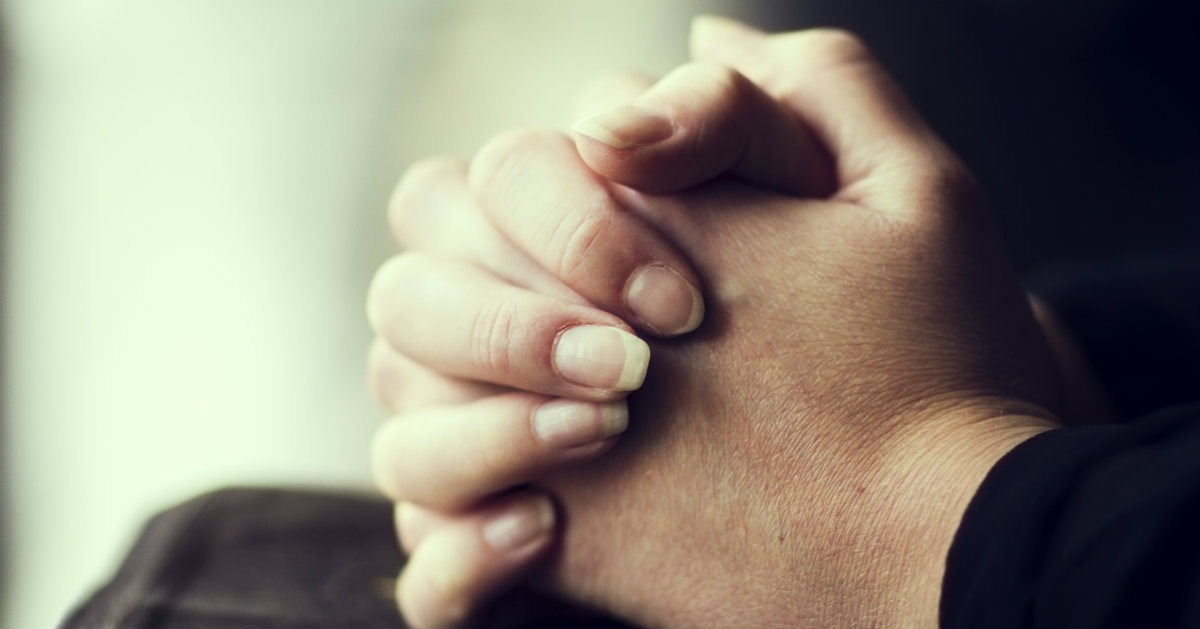Will God Fix This?


I could hardly believe the front page of the New York Daily News Thursday. Reflecting on the horrific shooting in San Bernardino, the paper posted tweets of prayer for the victims from Republican presidential candidates with the massive headline, “God Won’t Fix This.” I’m hard-pressed to think of a more cynical and exploitative headline at a time of national mourning.
The exaggerating tabloid, though, was simply picking up on the buzz of its new media cousins, as Twitter and Facebook were filled with similar sentiments all day. Don’t just pray, a typical post would lecture, but instead let’s do something about gun violence. Whatever one thinks about God or prayer or, for that matter, gun control, this is a bad development for a society already fractured in too many ways.
On the one hand, I tried to give the benefit of the doubt to the prayer cynics. After all, politicians posting to pray is hardly the same thing as prayer meetings.
I’ve been exasperated by the way politicians have used prayer, too. Some campaign “benedictions” are basically campaign commercials containing everything but “I’m John Smith, and I approved this message” at the end.
But those of us who watched others mock politicians who called for prayer also felt as though prayer was an unnecessary target along the way. For most people who are religious, prayer is more than just another way of saying “Message: I care.”
The vicious back-and-forth on social media did more than simply question the sincerity of politicians’ prayer messages. The debate threatened to communicate that prayer accomplishes nothing. What we need is to do something about the situation in San Bernardino.
These commenters obviously didn’t refer to the horrifying situation playing out on their television screens, in and of itself. Civilians couldn’t leave their hometowns and rush to the scene of the crime. In most cases, what they meant was adopt a particular political program, usually to restrict access to guns.
I have no objection to people making the case for tightened gun control — even if I don’t agree with all their proposed solutions. Let’s have that debate.
What we don’t have in this country is a debate over whether shooting the innocent is right or wrong. We agree on that. Where we disagree is whether specific pieces of legislation will stop these sorts of incidents, typically involving severely mentally deranged people.
We have a debate over what latitude the Bill of Rights gives us to restrict gun ownership from the law-abiding. Still, that’s a debate worth having.
The “prayer-shaming” on social media, however, is not really about that debate at all. No one was suggesting that Congress go into session while the criminals were on the run and pass an omnibus gun bill. What most meant by “do something” was to, well, express an opinion about gun control on Twitter.
Ironically, enough, the “Don’t Just Pray There, Do Something” meme will actually keep things from happening. After all, some of our biggest obstacles to policy solutions of any kind is an ideologically fractured populace where virtually every issue is a test of political purity.
If you shame away the most human aspects of public life — such as the call to pray for one another — you will find this situation worsening, not getting better. After all, we learn to listen to one another, and even work together, because we see one another as fellow humans, fellow citizens, as people of goodwill, not just as avatars to be warred against on a screen.
Hashtag activism has become, in many ways, our new secularized form of praying. The expressing of one’s opinion is a way to say, “I’m the sort of person who wants to restrict guns” or “I’m the sort of person who wants to racially profile Muslims” or “I’m the sort of person who wants more resources for police.”
But let’s be clear: that’s not “doing something.” It is one more indication that politics has become more than just politics. It’s become a kind of secularized religion — with its own sets of orthodoxies, denominational distinctives, and rigorous forms of excommunication (the “block” button on Twitter).
It shouldn’t be this way. The first response to a word of our fellow citizens in peril should be a human response of empathy. For religious people, that means a call to pray for them, and to encourage others of like mind to do so.
For non-religious people, that means perhaps holding your loved ones tightly and realizing your, for lack of a better word, blessings. It shouldn’t mean an immediate search for who is to blame for holding the wrong opinions.
For religious people, of all sorts, prayer is doing something. We do believe that God can intervene, to comfort the hurting and even to energize ourselves and others for right action. For those who don’t believe in the power of prayer, the last thing any of us should want is social pressure to pretend to pray. What we can expect, though, is for neighbors to express in what ever ways they have, “We love one another, and we hurt for one another.”
When that becomes just another culture war battlefield, we’ve lost more than a set of policy proposals. We’ve lost the social cohesion we need to do anything. And social media outrage can’t fix that.
Publication date: December 3, 2015
Originally published December 03, 2015.





